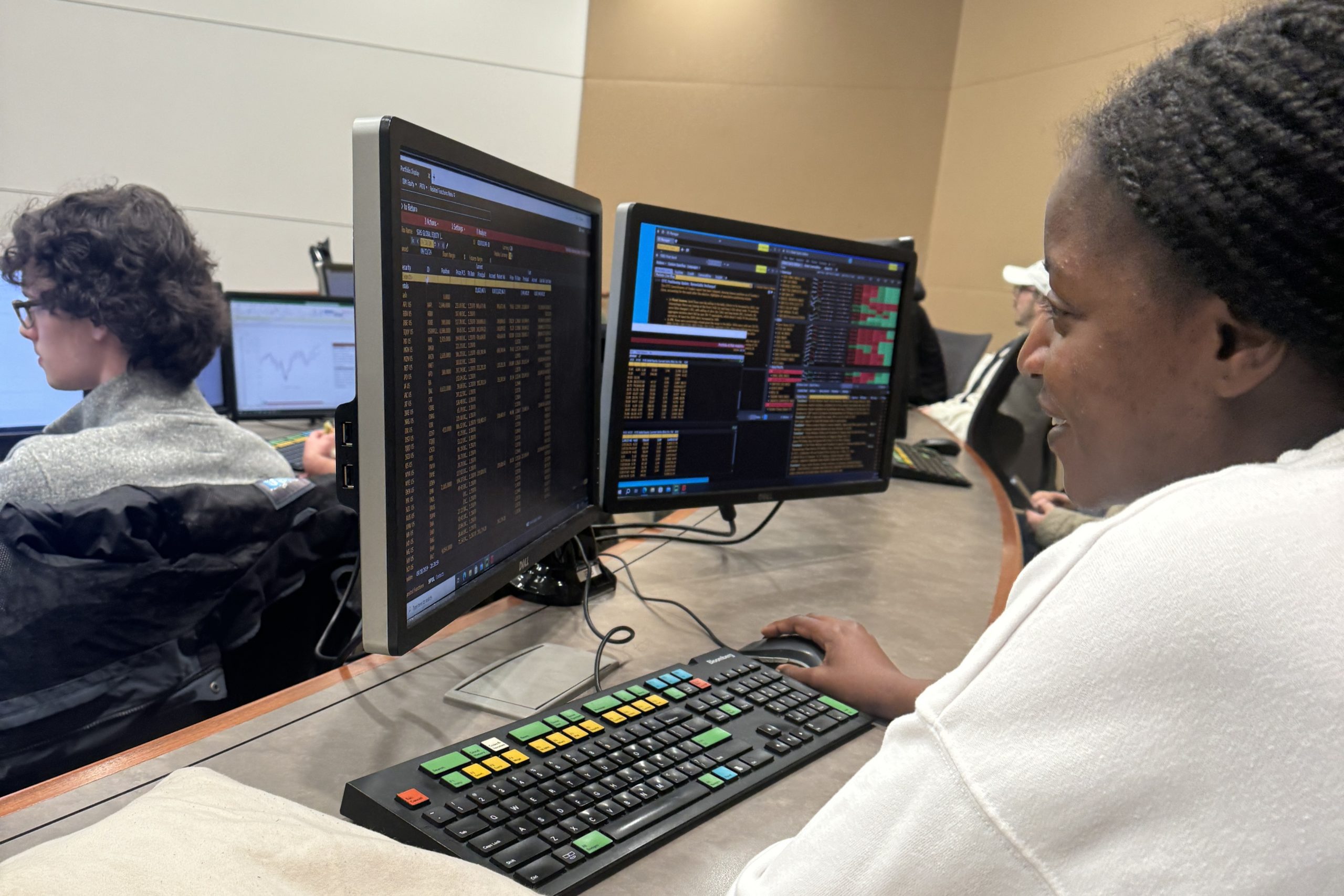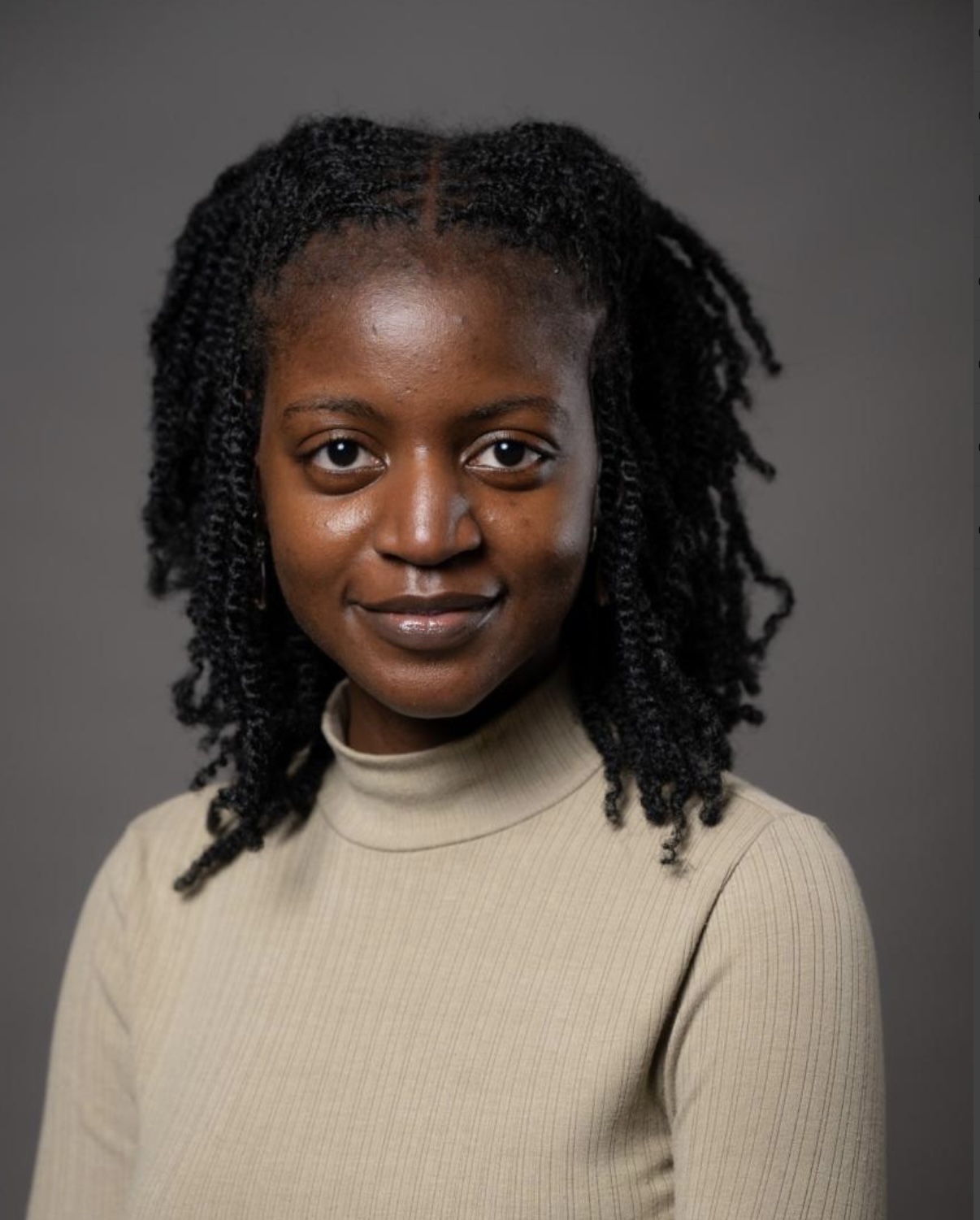Growing up, I participated in countless debates about whether technological advancements benefited or harmed society. I remember the heated arguments, passionately advocating for one side or the other, trying to predict the ripple effects of innovation. But as I’ve grown, I’ve realized those debates are, quite frankly, pointless. Technology is here to stay, and the question isn’t whether it’s good or bad. Instead, it’s how we use it that matters.
At its core, technology is simply the application of scientific knowledge for practical purposes. It’s not limited to the tools and systems we’ve built to make life easier, from the wheel to artificial intelligence. While technology can undeniably be both helpful and harmful, we have the power to steer its impact by how we integrate it into our lives. As a student, I don’t see technology as a distraction but as a powerful ally in staying organized and productive.

Staying on Top of Your Commitments
If you’ve ever juggled multiple deadlines, exams, extracurriculars, and maybe even a part-time job, you’ll understand how easy it is to feel overwhelmed. For me, the chaos began to feel manageable when I started using a calendar management AI tool like Reclaim. It’s not just about putting dates in a calendar—it’s about clarity. Reclaim merges multiple calendars into one seamless view, allowing me to see all my commitments at a glance. Double-booking became a thing of the past, and I no longer wasted time flipping between schedules, trying to make sense of conflicting timelines.
Another game-changer? Reminders. As much as I’d like to think my brain can remember every single task, the truth is, life gets busy. We forget things. But preset reminders? They don’t forget. They’re the reliable partner nudging you when it’s time to submit that assignment or attend that group meeting. Whether it’s built into your phone or synced with your calendar, reminders ensure you stay ahead of the curve.

Tools for Focus and Balance
Productivity isn’t just about getting things done; it’s about doing them well and maintaining balance. Here’s where apps like Notion and Google Keep shine. Notion is my go-to for organizing everything from lecture notes to personal goals. Its flexibility allows me to create workspaces tailored to my needs, whether it’s a detailed study plan or a simple checklist. Google Keep, on the other hand, is perfect for quick notes and ideas that pop up unexpectedly.
And then there’s Focus. Tools like Forest or Focus@Will help me stay concentrated when distractions are tempting. Forest turns focus time into a fun game, growing virtual trees as you work, while Focus@Will offers curated music to boost productivity. With the right tools, even the most challenging tasks feel achievable.

The Bigger Picture
What’s important to remember is that technology is only as useful as the intentions behind its use. A powerful computer or the latest app won’t magically make you more productive unless you approach it with purpose. It’s about finding what works for you and using it as a tool—not a crutch. The debates I had growing up weren’t wrong. Technology can be both a blessing and a curse. But instead of debating its existence, we need to focus on how to wield it wisely. As students, we have a unique opportunity to shape our habits now, learning to harness technology to stay organized, manage our time, and achieve our goals. Because at the end of the day, productivity isn’t about doing more—it’s about doing what matters.
About the Author

Maryam Bature is currently pursuing a Master of Science in Finance at the SFU Beedie School of Business. She has two years of experience in the finance sector, including an internship with the Finance Department of the Nigerian Deposit Insurance Corporation and a role as an Assistant Relationship Manager at Stanbic IBTC Bank. Maryam holds dual bachelor’s degrees in Computer Science and Mathematics, with a minor in Business. Her professional and academic background has sharpened her analytical and problem-solving abilities while enhancing her expertise in managing commercial clients and understanding business financial structures.